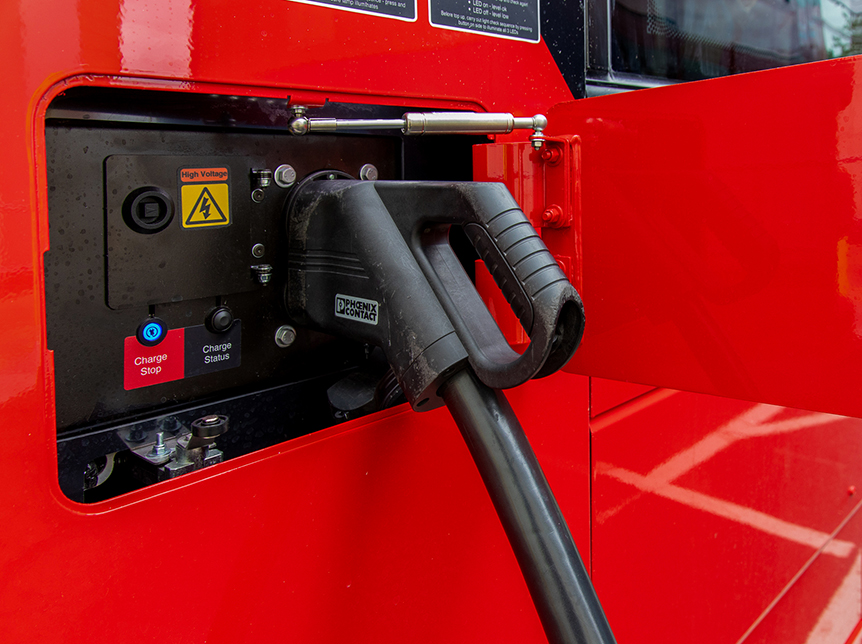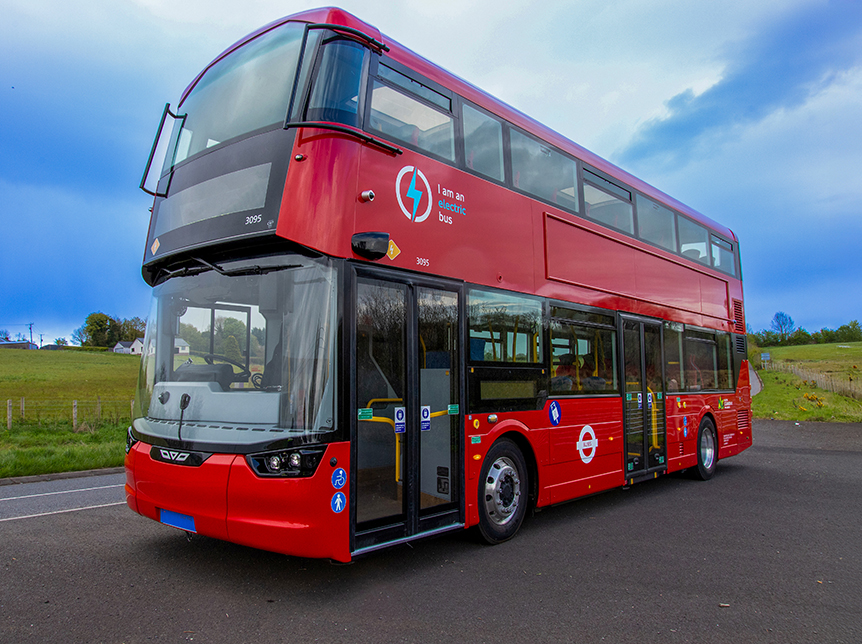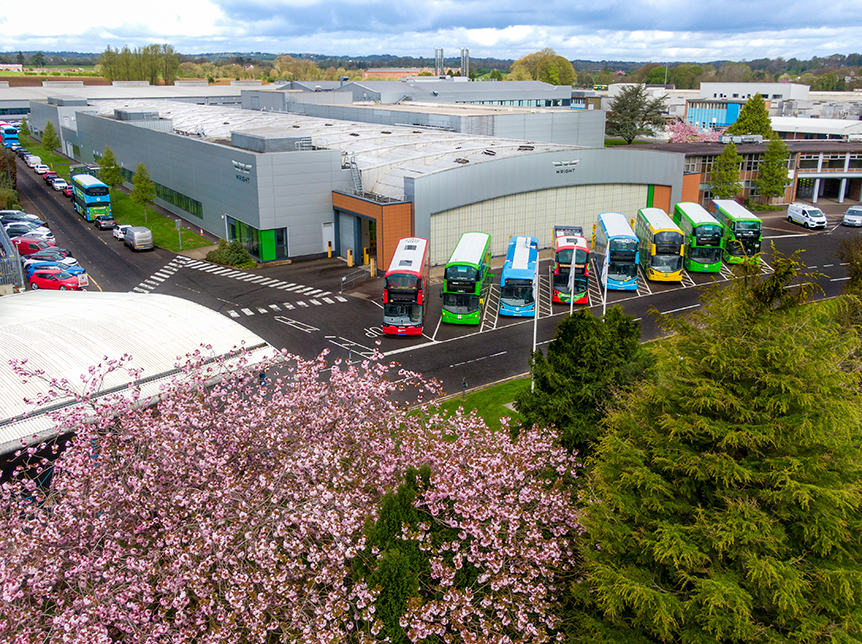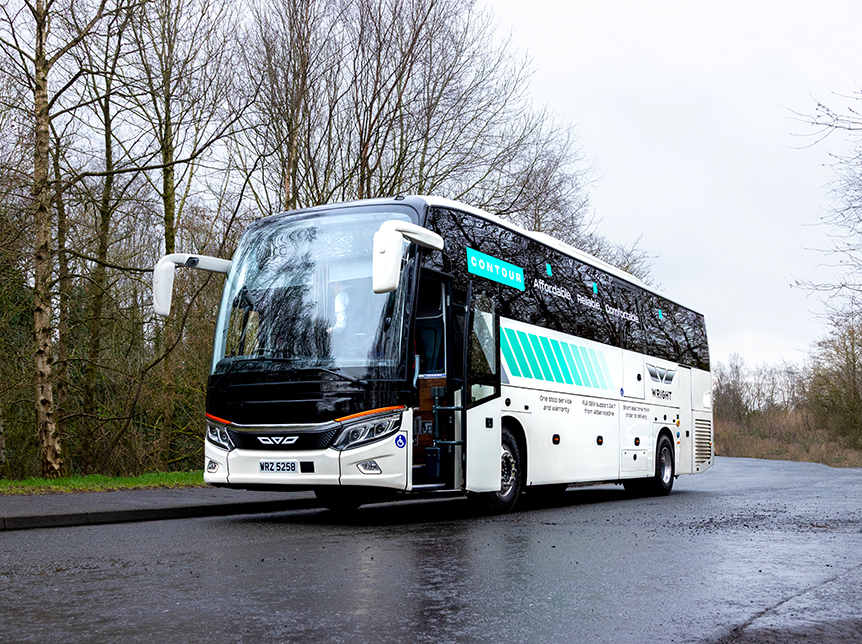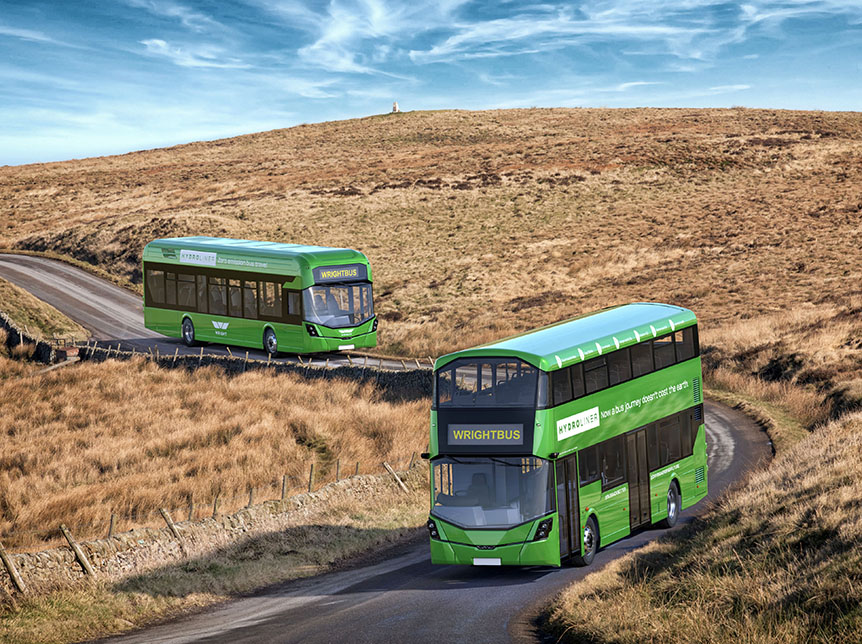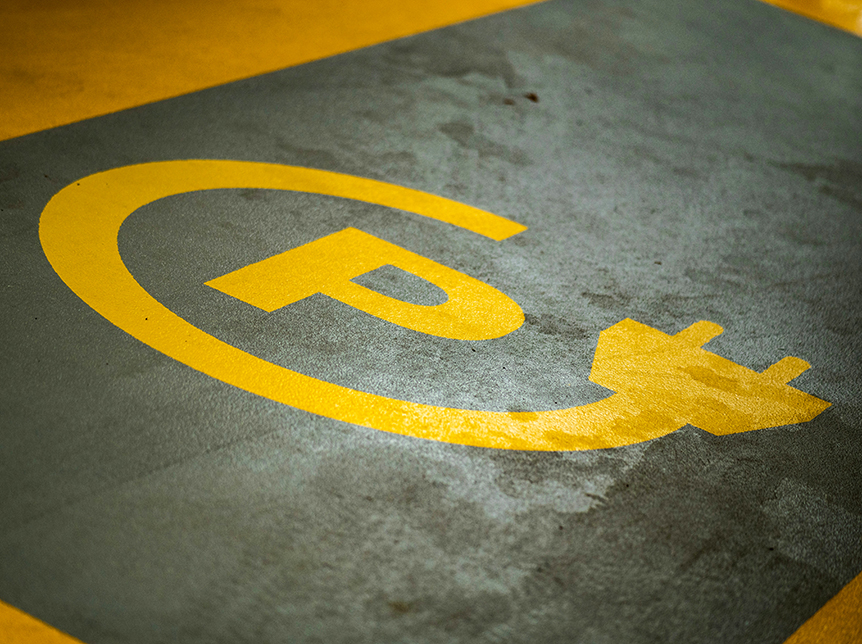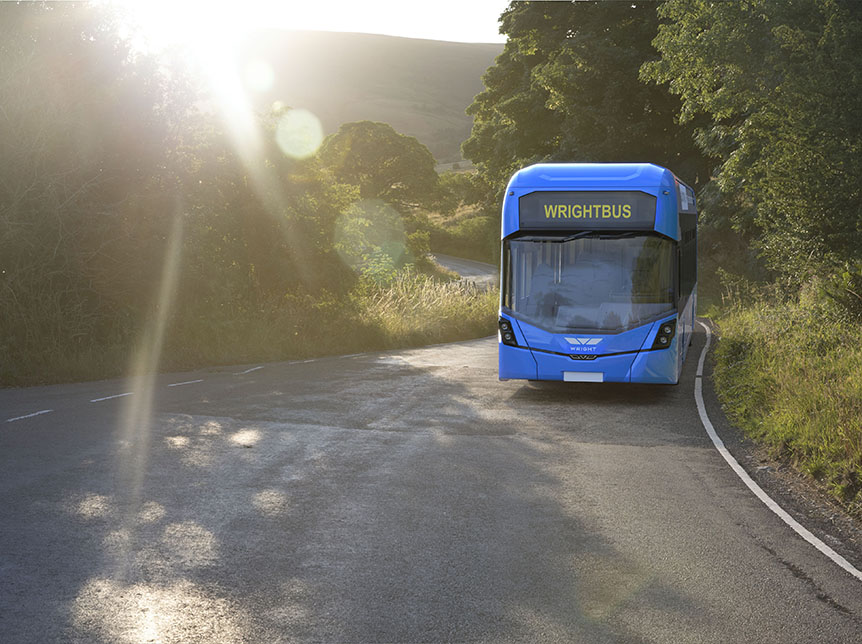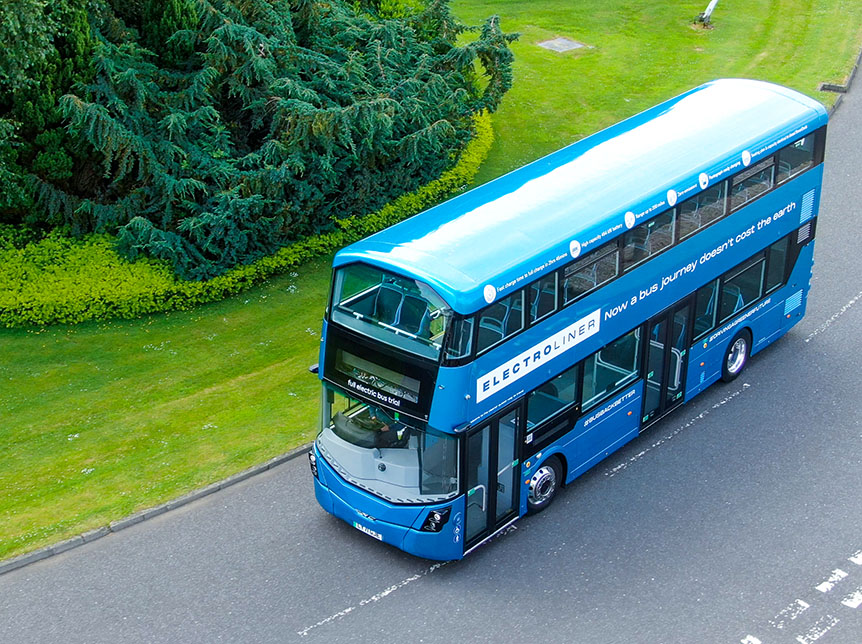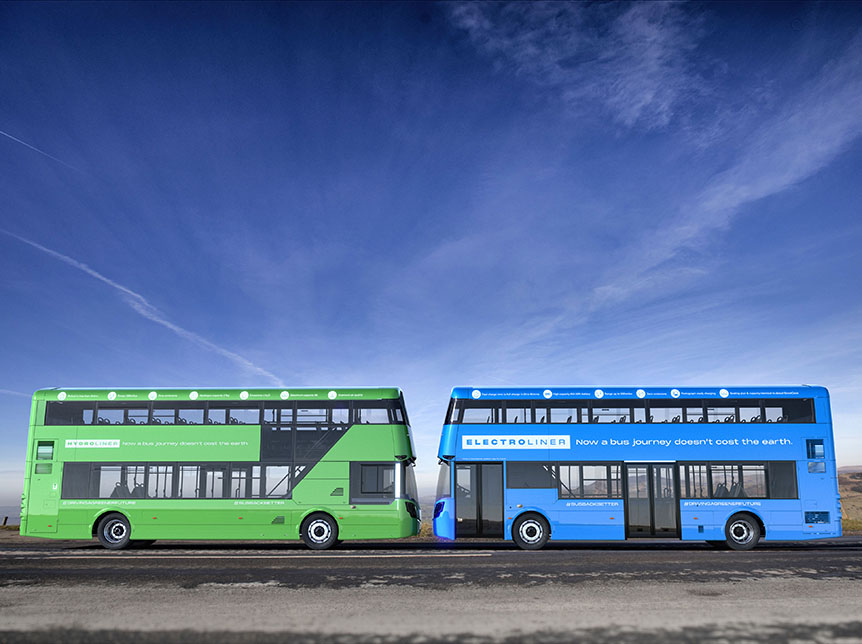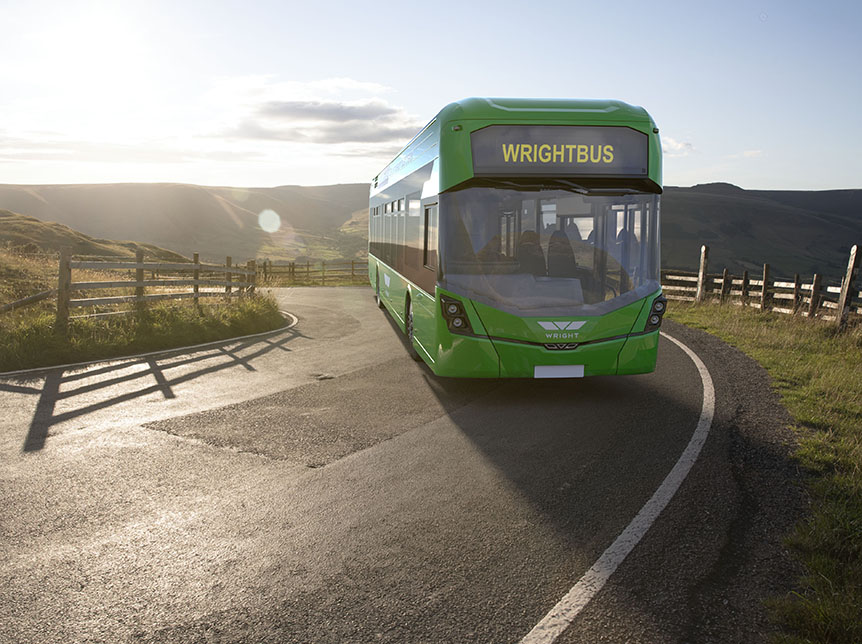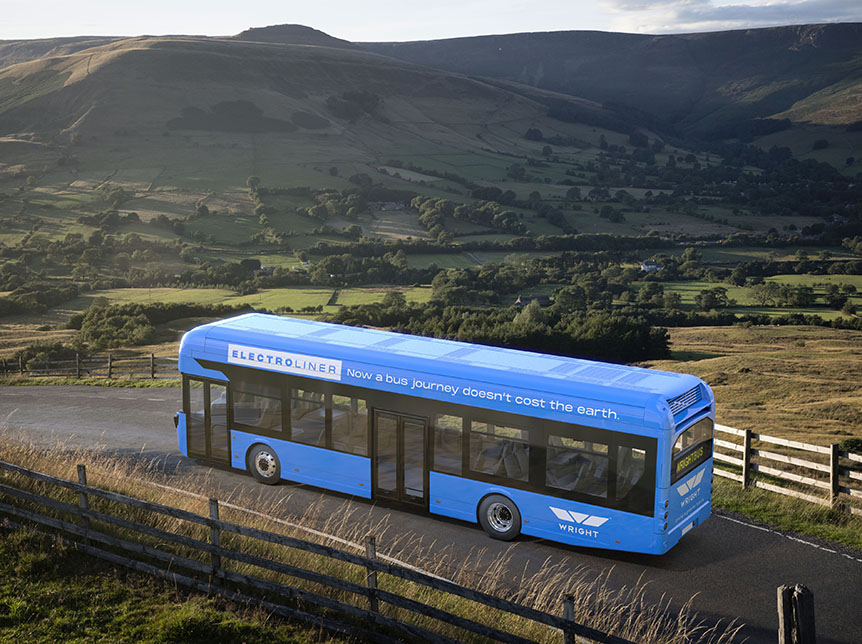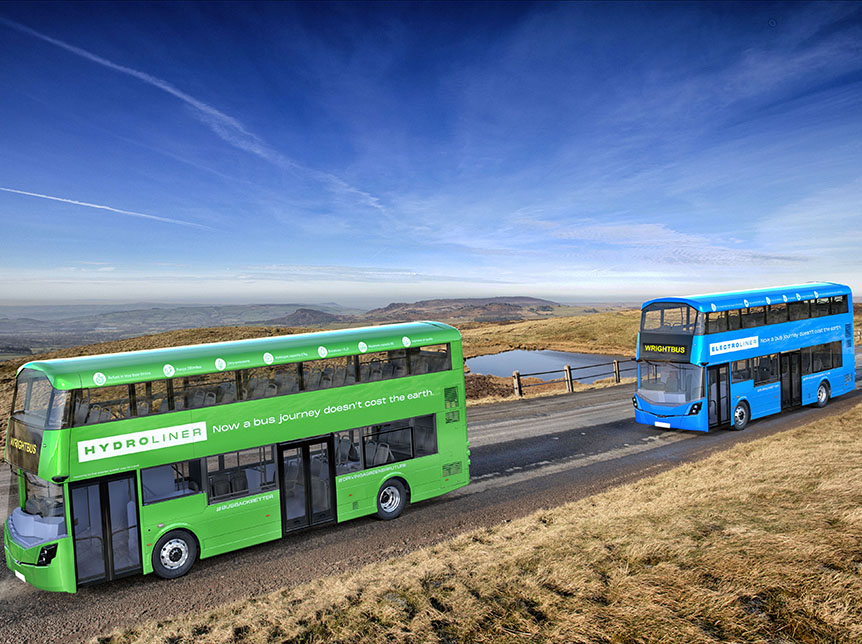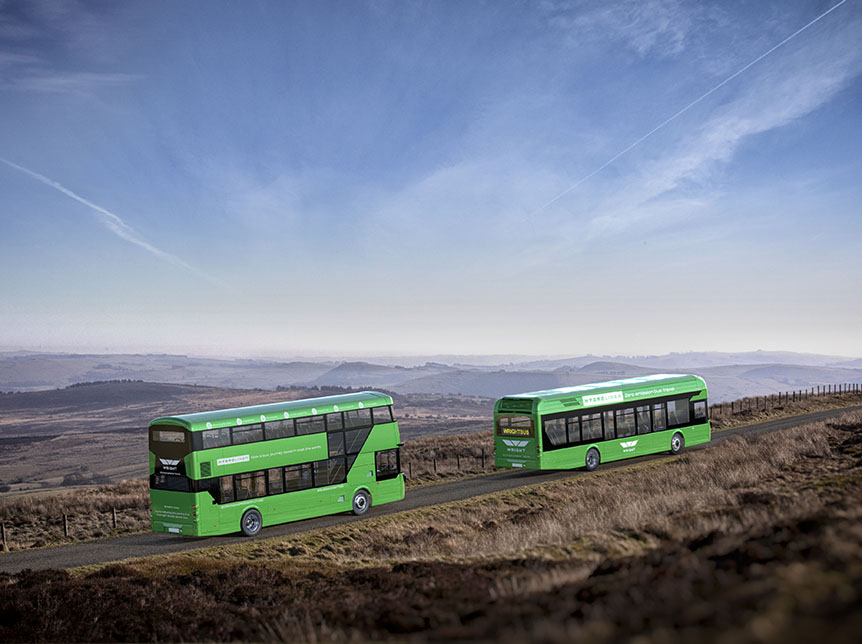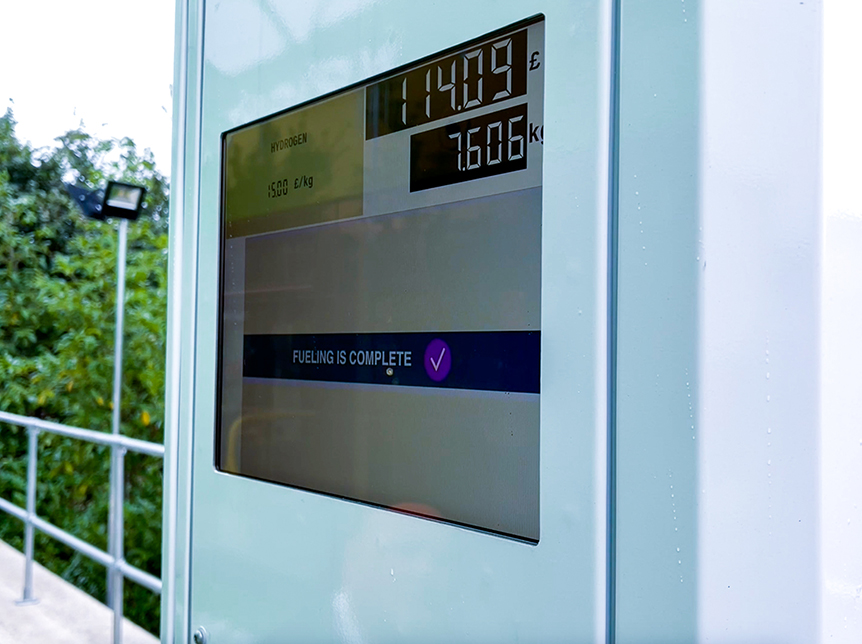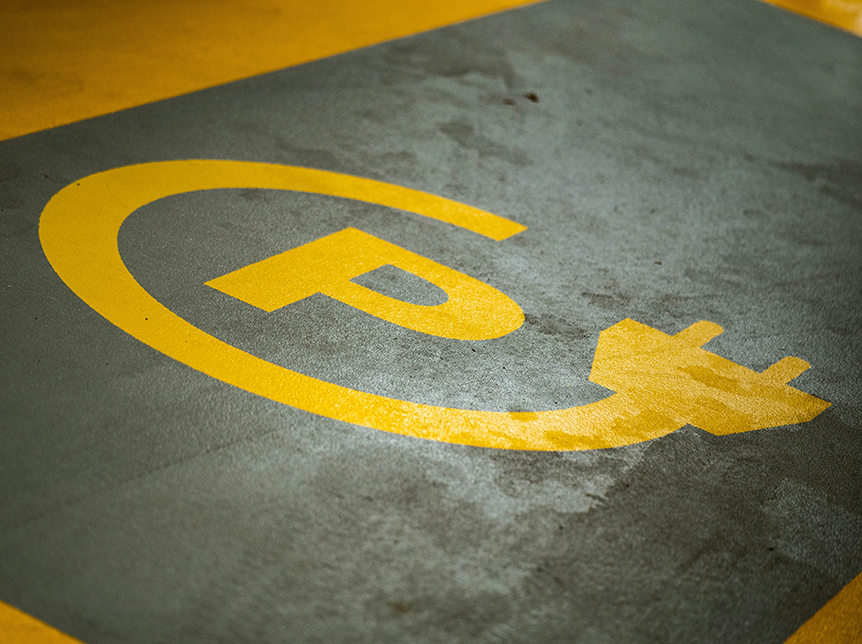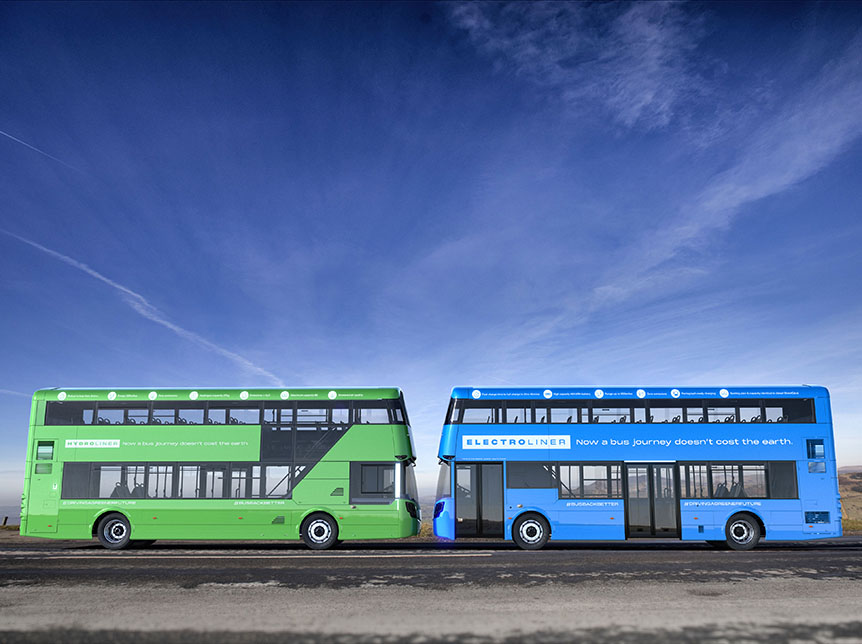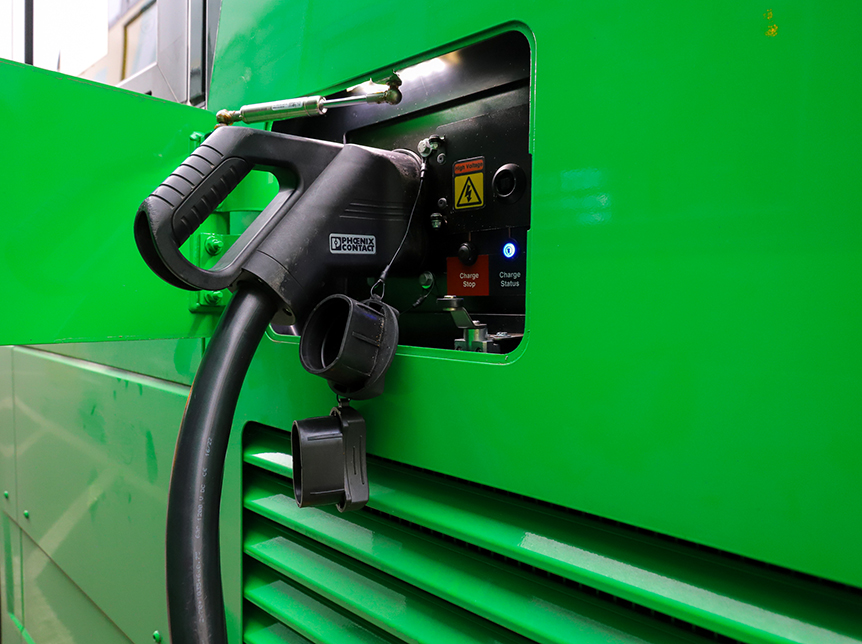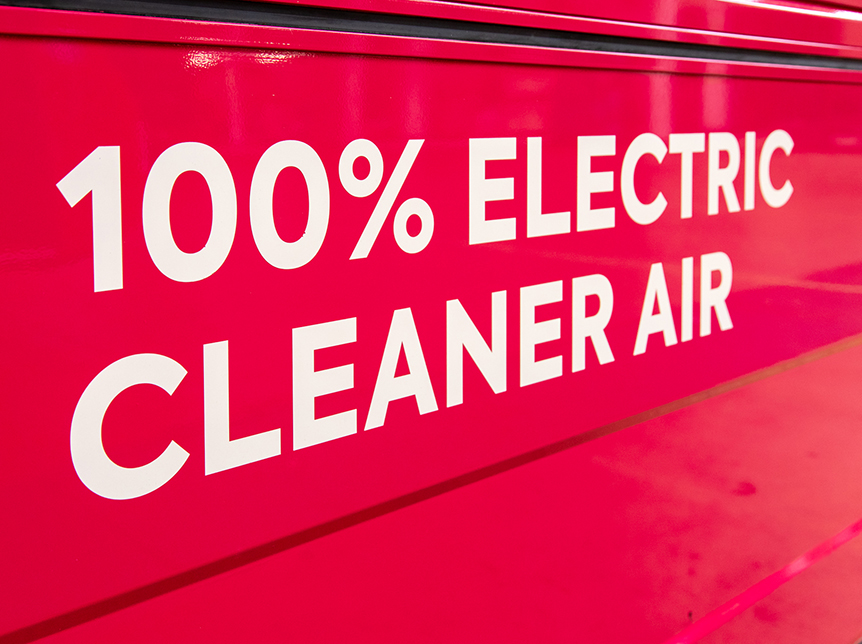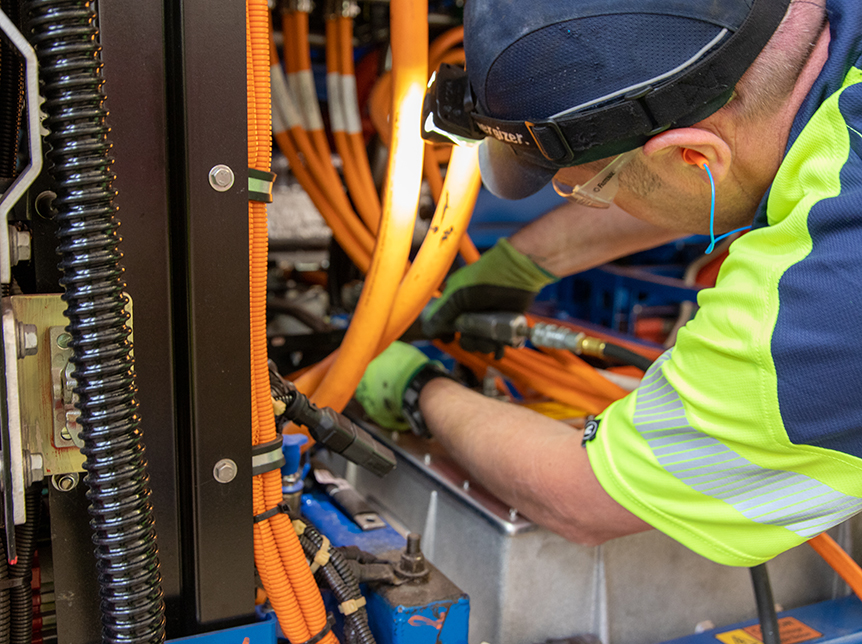
In the quest for sustainable transportation solutions, hybrid vehicles and fuel cell buses have emerged as pivotal technologies. These innovations are not only reducing the environmental impact of transport but also paving the way for a greener, more efficient future.
Hybrid Vehicles: A Practical Step Towards Greener Roads
Hybrid vehicles are a significant milestone in the evolution of automotive technology. They combine the benefits of both internal combustion engines and electric powertrains to deliver improved fuel efficiency and reduced emissions. By leveraging the strengths of both systems, hybrid vehicles offer a practical and accessible transition towards full electrification.
There are two main types of hybrid vehicles: conventional hybrids (HEVs) and plug-in hybrids (PHEVs). Conventional hybrids use an electric motor to assist the internal combustion engine, especially during acceleration and idling. The battery is recharged through regenerative braking and the engine itself. Plug-in hybrids, on the other hand, have larger batteries that can be recharged via an external power source, allowing them to run on electric power alone for a certain distance before switching to the gasoline engine.
The advantages of hybrid vehicles are manifold. Firstly, they offer significant fuel savings by relying on electric power during low-speed driving and in stop-and-go traffic conditions. This results in fewer emissions and lower fuel costs. Secondly, hybrids provide a seamless driving experience with smoother acceleration and less noise compared to traditional vehicles. The transition between electric and gasoline power is typically imperceptible, enhancing driver comfort.
In urban environments, where air quality and emissions are major concerns, hybrid vehicles play a crucial role. Many cities are implementing low-emission zones and offering incentives for low-emission vehicles, making hybrids an attractive choice for city dwellers. Additionally, the regenerative braking system in hybrids is particularly effective in urban stop-and-go traffic, further enhancing their efficiency.
Government policies and incentives are also driving the adoption of hybrid vehicles. Many countries offer tax rebates, grants, and exemptions from certain taxes and fees for hybrid vehicle owners. These incentives help offset the higher initial cost of hybrids, making them more accessible to a broader range of consumers.
Fuel Cell Buses: Revolutionizing Public Transport
While hybrid vehicles are transforming personal transportation, fuel cell buses are poised to revolutionize public transit systems. Fuel cell buses utilize hydrogen fuel cells to generate electricity, producing only water vapor as a byproduct. This zero-emission technology offers a sustainable alternative to traditional diesel-powered buses, which are significant contributors to urban air pollution.
Fuel cell buses offer several advantages over conventional buses. Firstly, they produce no harmful emissions, significantly improving air quality in urban areas. This is particularly important in cities where pollution from transportation is a major health concern. Secondly, fuel cell buses provide a quieter and smoother ride, enhancing passenger comfort and reducing noise pollution.
The operational efficiency of fuel cell buses is another major benefit. They have longer ranges compared to battery-electric buses and can be refueled in minutes, similar to traditional diesel buses. This makes them ideal for long routes and heavy-duty use, where quick refueling and extended range are critical.
The adoption of fuel cell buses is supported by advances in hydrogen production and refueling infrastructure. Many countries are investing in hydrogen refueling stations and green hydrogen production methods, such as electrolysis using renewable energy sources. These efforts are crucial to scaling up the deployment of fuel cell buses and making hydrogen a viable fuel option for public transport.
Several cities worldwide are already incorporating fuel cell buses into their fleets. These pioneering efforts demonstrate the feasibility and benefits of hydrogen-powered public transportation. As technology advances and infrastructure expands, fuel cell buses are expected to become a common sight on urban roads, contributing to cleaner, more sustainable cities.
Conclusion
Both hybrid vehicles and fuel cell buses are essential components of the transition to sustainable transportation. Hybrid vehicles offer an immediate and practical solution for reducing emissions and improving fuel efficiency in personal transport. At the same time, fuel cell buses provide a zero-emission alternative for public transit systems, addressing urban air quality challenges and enhancing the sustainability of public transportation networks.
By embracing these technologies, we can move closer to a future where transportation is not only efficient and convenient but also environmentally responsible. The continued development and adoption of hybrid vehicles and fuel cell buses are crucial steps in creating a cleaner, greener world.
Read more
Single Decker Electric Buses: Paving the Way for Sustainable Public Transport
Read onThe Double Decker Electric Buses: Revolutionizing Urban Transportation
Read onElectric Buses and Hydrogen Vehicles: Driving the Future of Sustainable Transportation
Read onHybrid Buses: The Future of Sustainable Double Decker Transportation
Read onThe Future of Public Transit: Single Decker Buses and Hydrogen Fuel Cell Vehicles
Read onExploring the Future of Transportation: Battery Electric Vehicles and Double Decker Buses
Read onNavigating Urban Landscapes: The Versatility of Single Deck Buses and Double Deck Buses
Read onLondon's Bendy Bus Legacy and the Innovation of London Electric Vehicle Company
Read onPioneering Zero-Emission Transport: The Rise of Electric Bus Companies in the UK
Read onEmbracing Tomorrow's Roads: Zero-Emission vs. Battery Electric Vehicles
Read onThe Perfect Blend: Exploring Hybrid Electric Vehicles and the Role of Coach Builders
Read on
Get in touch
Wrightbus has been at the forefront of transport innovation since 1946, relentlessly pushing the boundaries with its commitment to quality, style and safety.
